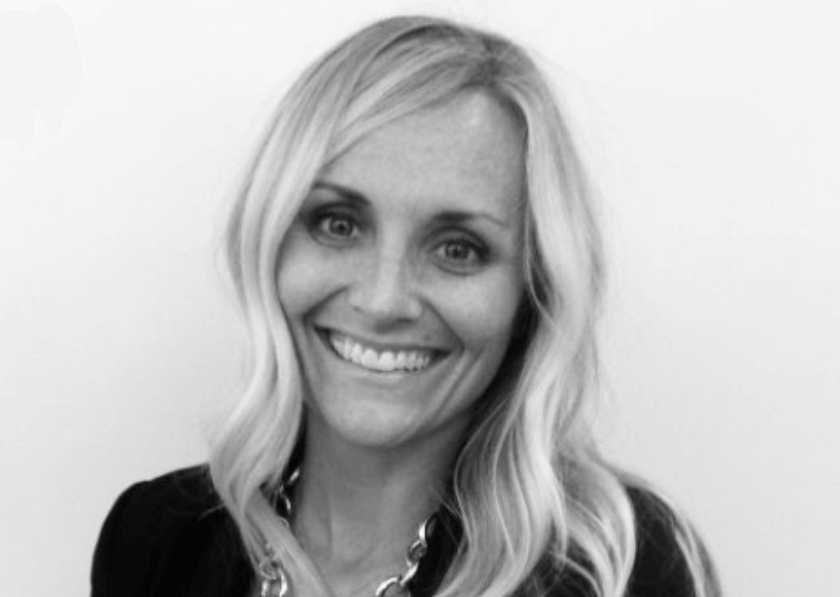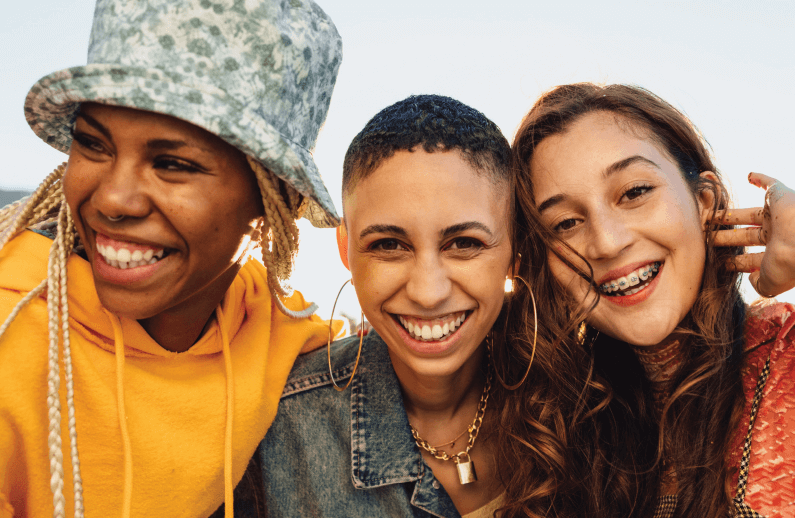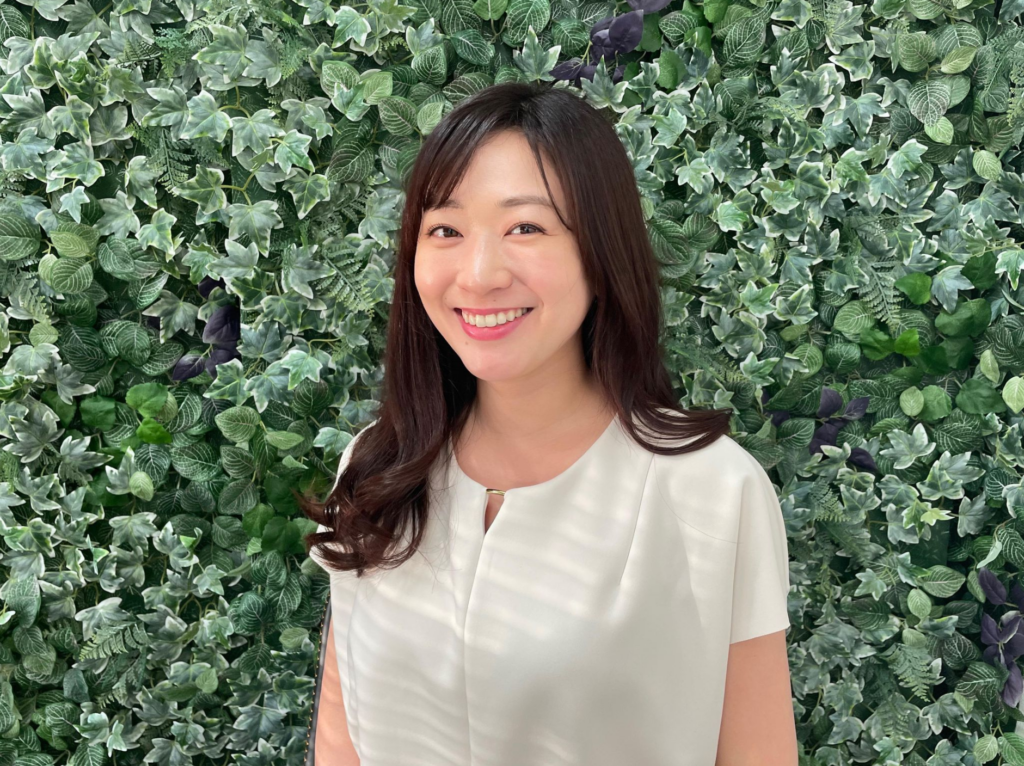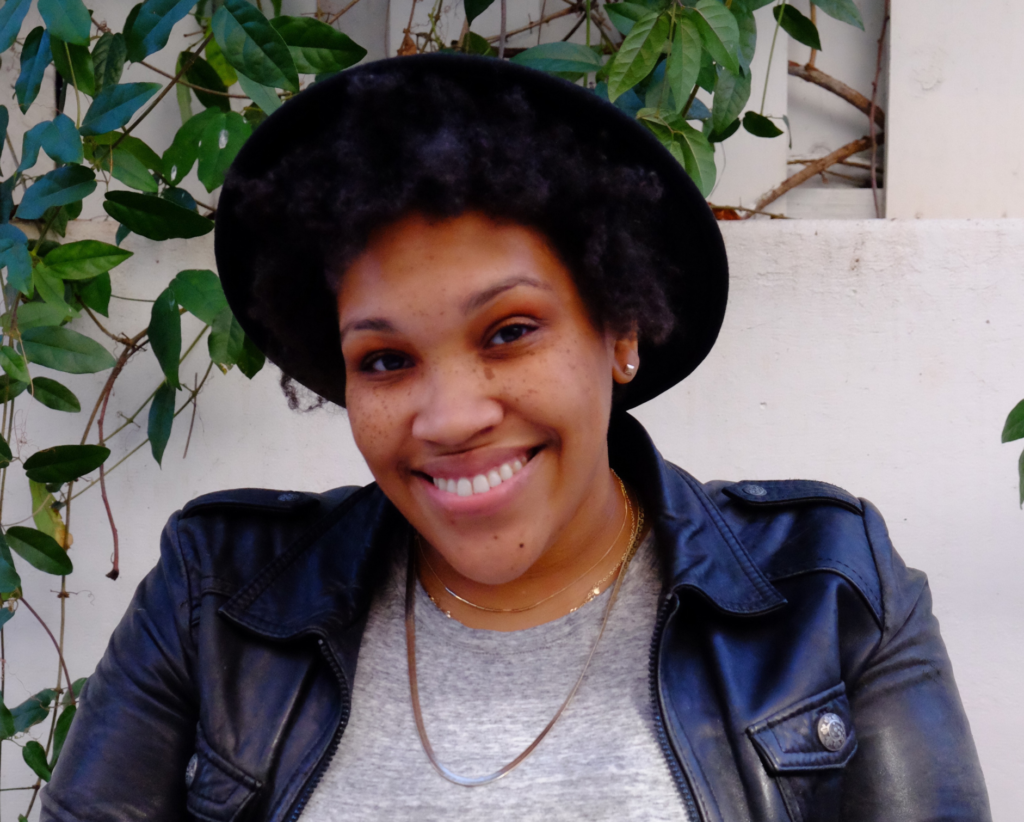
For more than 15 years, SeeHer member Unilever’s Dove brand has delivered self-esteem education that’s reached more than 69 million young people across 150 countries with the Dove Self-Esteem Project, built on the tenets of its now-famous concept of “Real Beauty.” Among the most recent iterations of the program is the #NoDigitalDistortion Campaign, which focuses on body positivity on social media.
In this week’s blog, brand steward Kathryn Fernandez discusses the ways in which Dove counters false body imaging and encourages gender authenticity in media.
While the #NoDigitalDistortion campaign is new, it is in service of our ongoing mission to make a positive experience of beauty universally accessible to all. We’ve been doing this for nearly two decades through campaigns and initiatives that have worked to challenge narrow beauty ideals so women and girls can see more of themselves in media and culture.
Years ago, Dove ignited a conversation around photoshop and image manipulation with our iconic Evolution film and campaign. Today, nearly 15 years after the Evolution film was released, Dove is tackling the issue of digital distortion again with ‘Reverse Selfie’ – a new film rooted in research conducted by the Dove Self-Esteem Project that addresses the damage digital distortion can have on girls’ self-esteem.
The Dove Self-Esteem Project is the largest provider of self-esteem and body confidence education globally, reaching 69 million young people across 150 countries. Our latest tool for parents is called The Confidence Kit, which includes a guide to have ‘The Selfie Talk’ with a young person in your life to help make social media a more positive place. ‘The Confidence Kit’ includes tips like logging out or unfollowing accounts that make you feel bad and reminding young people that social media is often a curated feed and far from reality.
We are proud of recent work like Project #ShowUs, an ongoing initiative we launched in 2019 with Girlgaze and Getty Images to build a stock photo library featuring 14,000+ images of women and non-binary individuals for media and advertisers to use. These images were taken by female photographers from 39 countries to shatter beauty stereotypes across the globe. More than 2,500 companies across 30 countries have utilized the images.
Narrow beauty standards in America continue to perpetuate unfair scrutiny, injustice and discrimination in workplaces and schools against Black women and girls for wearing hairstyles inherent to Black identity. Dove co-founded the CROWN Coalition in 2019 alongside Color of Change, National Urban League and the Western Centre on Law and Poverty to advocate for legislation that makes race-based hair discrimination illegal in the US. To date, 13 states have passed The CROWN Act or similar legislation that makes race-based hair discrimination illegal, and the bill has been introduced at the federal level.
It’s not just business. As a mom, aunt, and friend to other moms with young kids, this feels to me like a personal responsibility. While my children are a bit too young for social media, I’ve gone through The Selfie Talk tips on my own and followed the steps like unfollowing people that brought down my confidence and even taking a bit of a social media hiatus to spend more time with my family.
Social media can be a positive tool that sparks joy and facilitates play, but we need to ensure that it can be a safe space for kids and that parents, teachers and mentors have easy access to tools to help young people navigate the space with confidence.


